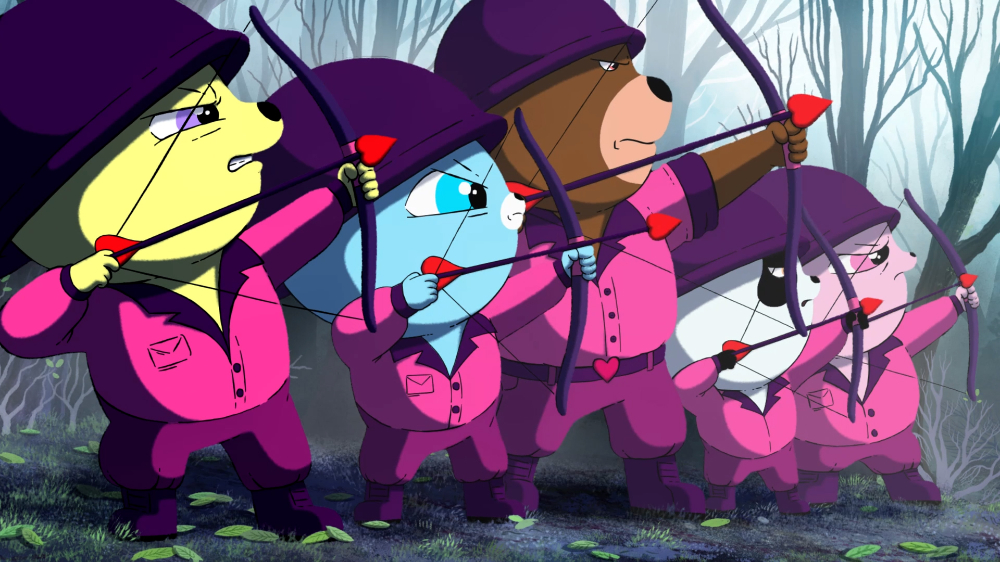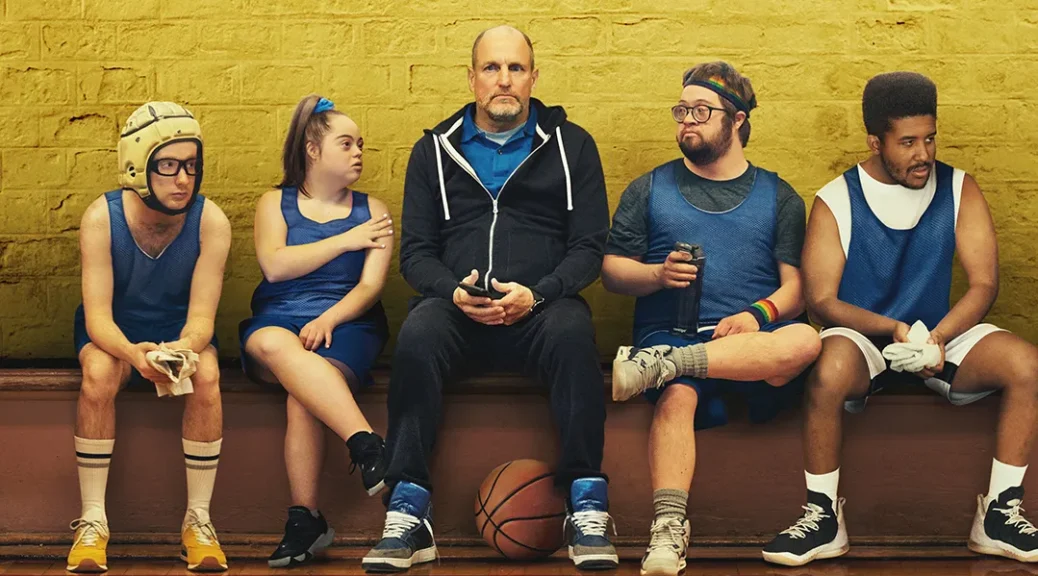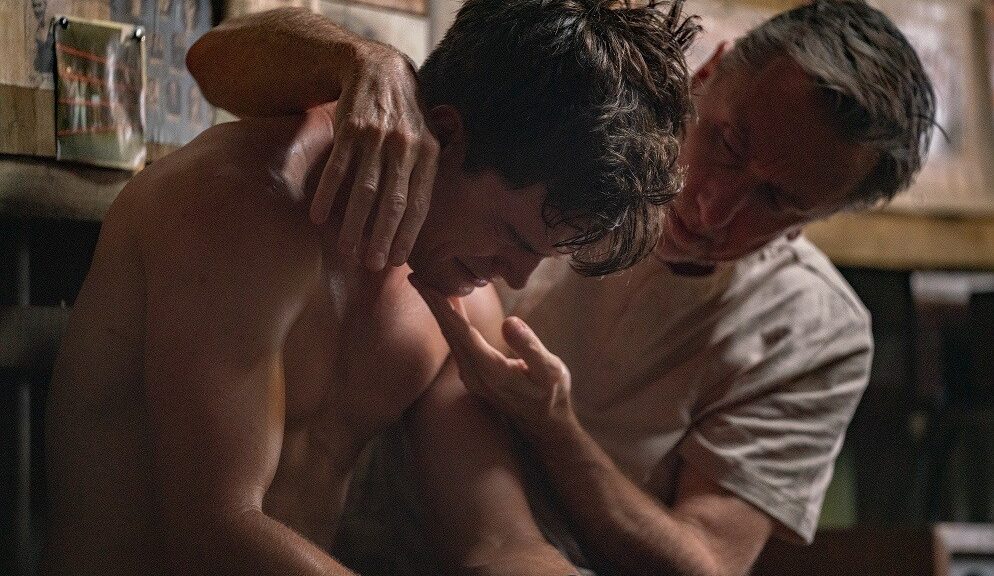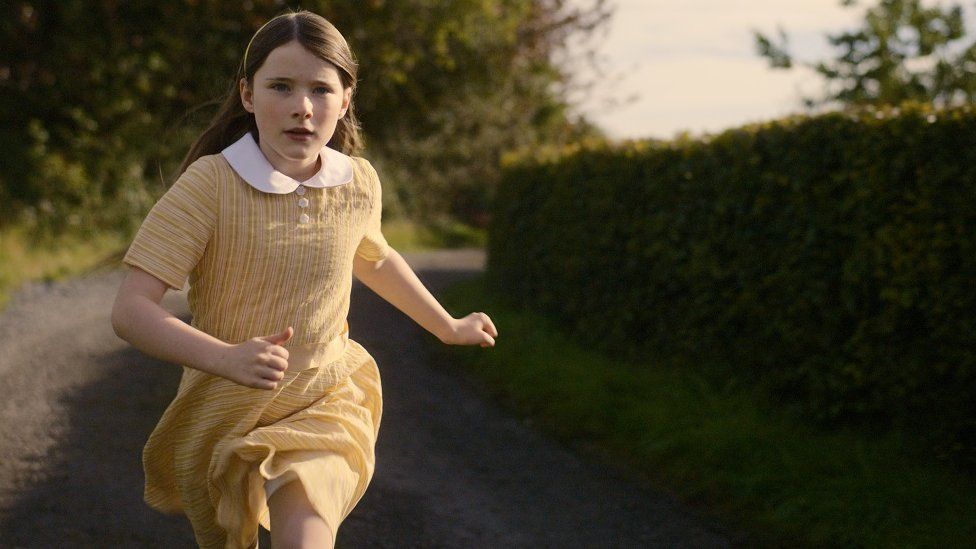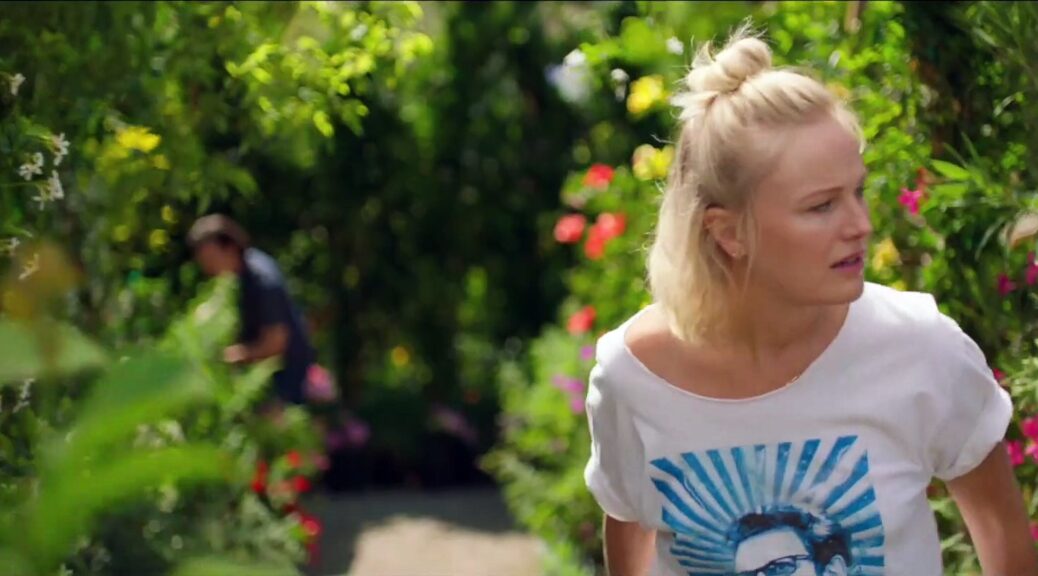Unicorn Wars
by Daniel Baldwin
Blood. Steel. Pain. Cuddles.
That’s the motto constantly being pummeled into the minds of the teddy bear soldiers by their theocratic, fascistic leaders. Their enemy? The unicorns, a seemingly peaceful race that resides within a natural wooded paradise called the Magic Forest. The bears want what the unicorns have and they aim to take it with deadly brute force. Emphasis on brute.
Albert Vazquez’s animated Spanish-language war satire is, simply put, a sight to behold. Vazquez takes all of the hallmarks and horrors of Vietnam War cinema and wraps them in a lusciously cartoonish new skin, rendering incredibly grisly terrors all the more potent. Too often, societies send their children off to fight their wars and what is more child-like than a teddy bear? Instead of putting guns in the hands of human teens, Vazquez arms impressionable teddies with bows, arrows, knives, and grenades, sending them off to destroy the natural world around them for its resources.
If it sounds like a scathing indictment of human behavior for the entirety of our history, that’s because that is exactly what it is. Man’s inhumanity to man is on full display here in numerous ways, both in a war between two vastly different cultures and in how the bears treat one another. Nearly all the film’s main characters are a vicious miserable lot, despite their Care Bear-ish looks. Every punch, stab, shot, bludgeoning, and impalement packs a wallop as it lays the horror of war bare for all to see. Pun intended.
If Unicorn Wars has any major failings, it’s that its crude sexual humor sometimes undercuts the deathly serious satirical message. The unicorns are also underdeveloped. The film cannot decide whether to showcase their side of all this or just leave them as an enigmatic (and largely peaceful) race. As a result, an early subplot involving a few unicorns peters out by the midpoint of the film and never really resolves in any meaningful way.
Vazquez is aiming for something as potent as Watership Down and The Plague Dogs here. While his reach ultimately exceeds his grasp, he still manages to conjure up a very striking and occasionally moving piece of adult animation – right down to an absolutely haunting final sequence. That Unicorn Wars is only his second feature makes it all the more impressive. Keep your eyes on this filmmaker, folks.
